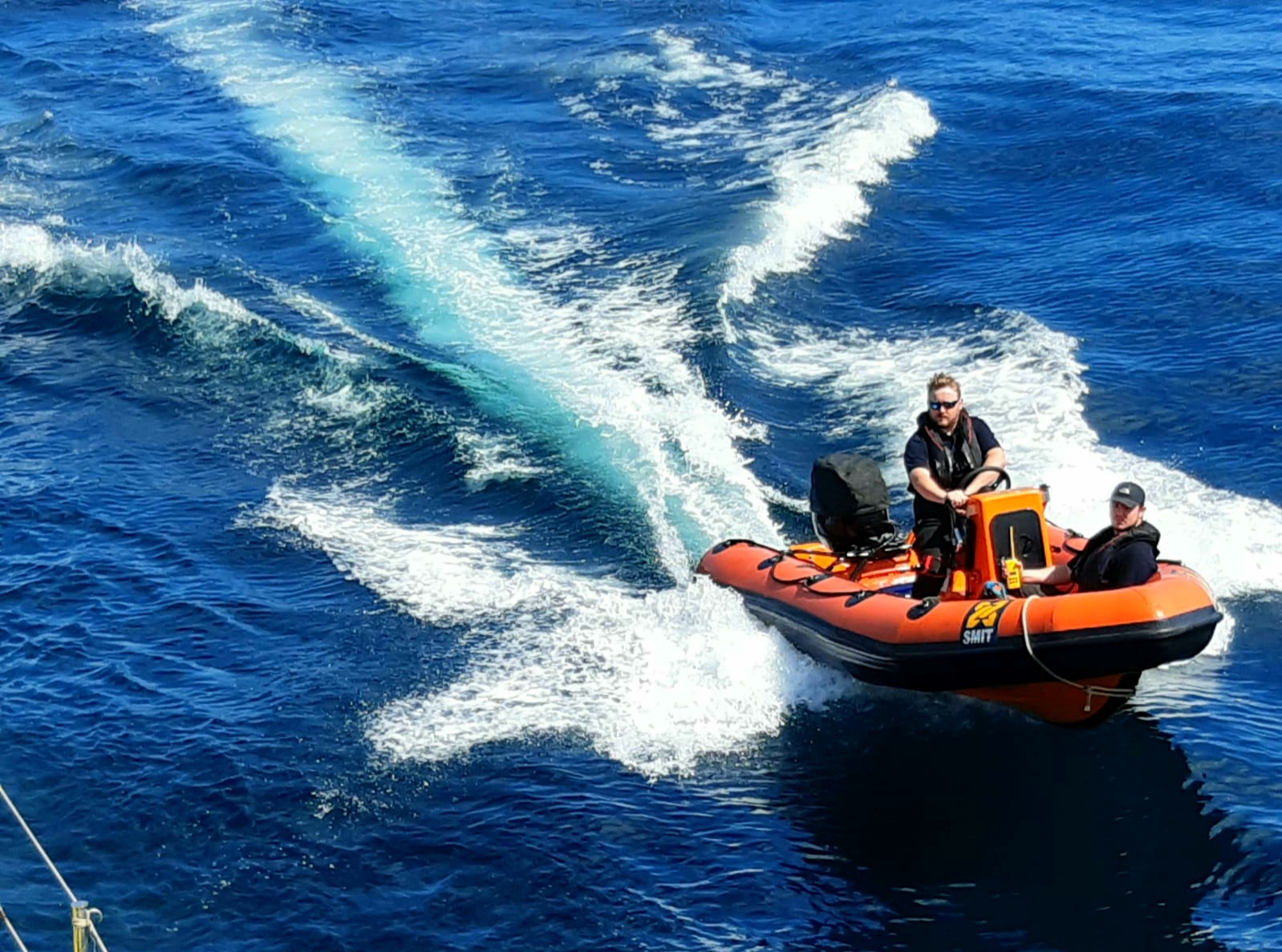


Why should I become an apprentice?
An Apprenticeship allows you to gain training and qualifications in a career that interests you whilst getting paid.
Anyone over 16 can apply for an Apprenticeship, and there is no upper age limit. You could be leaving school or use it as an alternative pathway to sixth form, college or university. Apprenticeships can also be used by those already employed who want to springboard into a new industry or career. The opportunities are endless.
You will:
- Gain 'hands-on' practical experience in a real job role
- Get trained and paid from the start
- Learn the right skills in the right environment with the right employer
- Apprenticeships are designed in conjunction with employers; therefore, a one or two-year Apprenticeship leads to a qualification required by employers
- Many levels of Apprenticeships are available, allowing you to start and progress up the career ladder
- Spend 20% of your Apprenticeship training and 80% on the job, but paid 100% of the time
- As an apprentice, your employer pays for your training and your salary. Grants are also available to help you and your employer with costs
- Maritime Apprenticeships are practically based with lots of time on the water whilst training
What do I need to become an apprentice?
- Apprentices without level 1 English and Maths must achieve this and take the test for level 2 before taking their end-point assessment
- For those with an education, health and care plan or a legacy statement, the Apprenticeships English and Maths minimum requirement is Entry Level 3 and British Sign Language qualification are an alternative to English qualifications for whom this is their primary language
SeaRegs Training
SeaRegs Training specialises in internationally recognised STCW, MCASQA and RYA courses plus Apprenticeship training. Training is conducted in week-long blocks either in Plymouth, London or at an employer's base.
SeaRegs provide a personal and friendly experience offering sound advice and solid training. We are committed to ensuring that you gain the necessary skills and knowledge for your time afloat; we put a lot of effort into our courses' design, so they are interesting, practical and engaging.
SeaRegs have been involved in the Training of instructors for National Maritime Authorities so we know the difference between good and poor instruction. The heart of any training centre is its instructors and we pick those who are not only experienced in their field but also who can teach and are down to earth, friendly and approachable.
How much will I get paid?
Apprentice salaries are at the discretion of your employer, with many employers paying more than the minimum government requirement. There are different rates of pay for apprentices depending on your age and what year of your Apprenticeship you’re in.
- Aged 16 to 18: The 2023 National Minimum Wage rate for an apprentice is £5.28 per hour*
- Aged 19 or over and in their first year: The 2023 National Minimum Wage rate for an apprentice is £5.28 per hour*
- Aged 19 or over and have completed their first year: Apprentices will be entitled to the National Minimum Wage or National Living Wage rate for their age*
*Please note that these wages are adjusted by the government each April - https://www.gov.uk/national-minimum-wage-rates
You will also be entitled to the same conditions as other employees working at similar grades or in similar roles. This includes:
- paid holidays
- sick pay
- any benefits your employer offers such as childcare voucher schemes
- any support that your employer offers such as coaching or mentoring
Your contract of employment should make it clear what wage you’ll pay your apprentice and for what hours.



